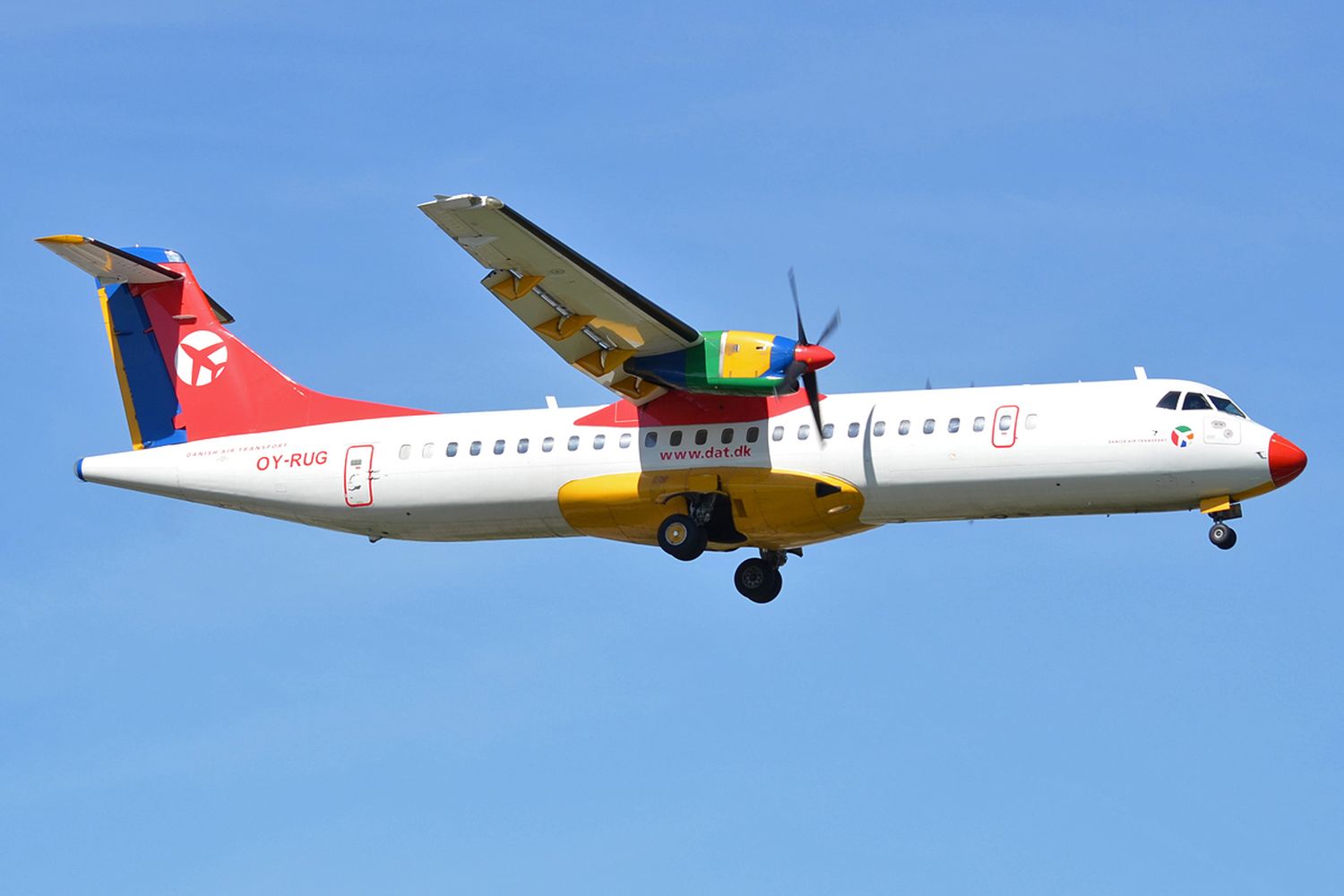Denmark’s Prime Minister Mette Frederiksen announced that the State will promote the development of sustainable solutions and will establish measures in the very short term to lower the level of CO2 emissions from air operations in the country.
The proposal involves the payment of taxes on carbon dioxide emissions for all companies operating in the national territory, and the measure includes airlines. By 2025, the ambitious plan foresees that passengers on domestic flights will be able to choose an environmentally friendly trip, probably through a compensation program. On the other hand, by 2030 all domestic flights should have found a way to eliminate their environmental impact, so they should no longer use fossil fuels.
During her New Year’s message to the Danish society, the Prime Minister assured that Denmark is going through one of its best moments in history, with a high employment rate and sustained economic growth during the last 15 years. She, therefore, called upon the population to take up a new challenge: «Shall we solve the biggest and most important challenge of our time: the climate crisis?» she asked.
Mette Frederiksen announced that this year the Danish state will decide to implement a new tax on carbon dioxide emissions, to ensure that companies that pollute the environment pay for their own emissions. «The Danish principle that the broadest shoulders must carry the most should also apply in the green transition: if you emit CO2, then you have to pay,» she said.
Although there are other countries in the world – and specifically in the European Union – that are applying taxes and restrictions aimed at reducing the environmental impact of industry, the president’s idea is for Denmark to take the lead on this issue and become a global benchmark.
See also: Emissions reduction: Belgium discourages short flights with taxes
Although she did not give any details about the next steps, the President made it clear that her government will start working to promote the reduction of the environmental impact of Danish industries.
This initiative is without a doubt good news in relation to the sustainability of the airline industry in the future and adds to the efforts being made by other states, manufacturers, suppliers, civil society, and other airlines around the world to decarbonize flights.
The coordinated work and the different measures that are being taken are aimed at paving the way to achieve net carbon neutrality by 2050, a commitment made during the last IATA General Assembly.


Comentarios
Para comentar, debés estar registrado
Por favor, iniciá sesión